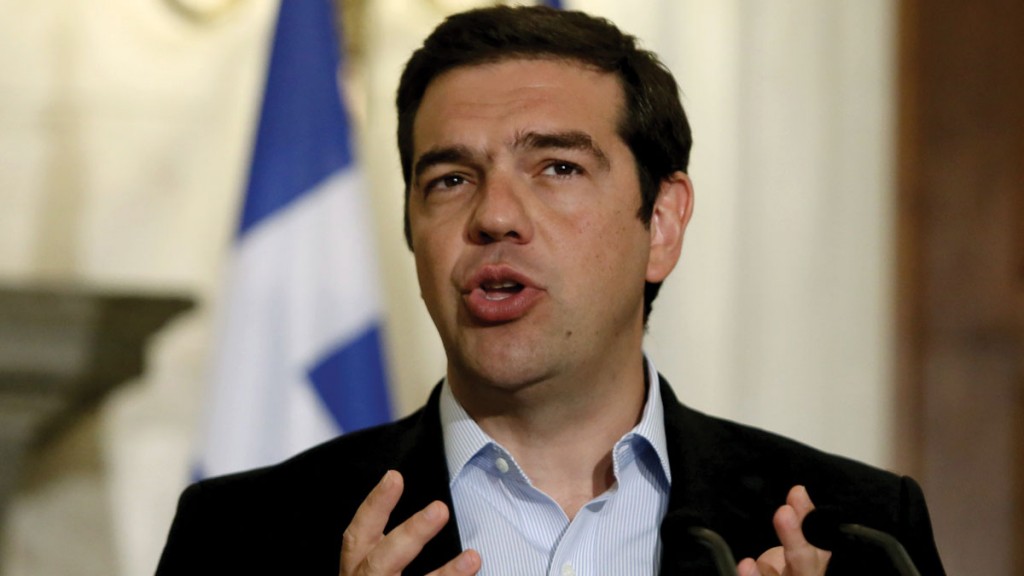
It’s a year since the Greek crisis was declared to be over. But rather than returning to health, the Greek economy has continued its downward spiral. Burdened with a monumental €320bn of debt – some 180% of GDP – “fatalism is fast replacing pessimism on the streets”, says Helena Smith in The Observer. Greece’s economic output was 1.4% lower in the first three months of 2016 than it was a year earlier.
Consumer spending was down by 1.3%. And the country is now struggling with the highest unemployment rate in Europe – a whopping 24%. Without debt relief, the International Monetary Fund believes that interest payments on the country’s burgeoning debt pile will account for 60% of its budget by 2060.
It’s not pretty. But we should have seen it coming, says The Observer’s Larry Elliot. There were obvious problems with the 2015 deal that secured Greece its third bailout in five years. It was always bound to make it more difficult for the country’s economy to recover. Creditors had unrealistic growth expectations. And the crisis was bound to flare up again – “it was a case of when, not if”.
The government has merely stoked these flames, says Yannis Palaiologos in The Wall Street Journal. By refusing to cut spending, and instead increasing tax and insurance contribution rates, it has deepened the problem. In June, it raised tax rates on hotels, fuel, cigarettes, alcohol, coffee, and even increased a property tax it had vowed to scrap. “The economy cannot return to health so long as households and businesses labour under such crushing burdens.”
The 2015 bailout package assumes that Greece will run a budget surplus, once debt interest payments are excluded, of 3.5% of GDP each year. The IMF, which has now slightly softened its stance towards Greece, has noted that the only way that the country could sustain such a budget surplus would be to cut wages and pensions even further – once again forcing Greeks to foot the bill.
It also accepts that it is “no longer tenable” to imagine that Greece can shift from having one of the eurozone’s weakest productivity growth rates to the highest. “Almost all agree that last summer’s bailout simply kicks the can down the road,” says Smith. It’s becoming increasingly clear that more discussions on debt relief will be needed. Germany would prefer these to be pushed back until after its own election next autumn, but “the chances are that Greece will be back in the headlines before then”, says Elliott.
A buying craze in emerging markets
A rally means that the JP Morgan Emerging Markets Currency index is up nearly 10% since January – and 6% since the start of the year, says Elaine Moore in the FT. The two major currencies driving this increase are the Brazilian real and the South African rand. The big reason behind this “buying craze” is “unprecedented levels of central bank easing in the UK, Japan and Europe” that are “encouraging investors to ignore the risks of committing money to some of the world’s least stable economies”.
You could equally blame “Olympic-inspired optimism in Latin America” for the rally, or “an uncertain dollar, especially after an IMF report assessed the US currency as ten to 20 percent overvalued “, says Deutsche Bank. Regardless of the cause, “currency strength… complicates life for economies such as Brazil and South Africa that need monetary easing but have little room for it”. Stronger currencies are often unwelcome for emerging markets since it makes their economies less competitive. “EM policymakers will hope this currency rally slows down without too much damage.”